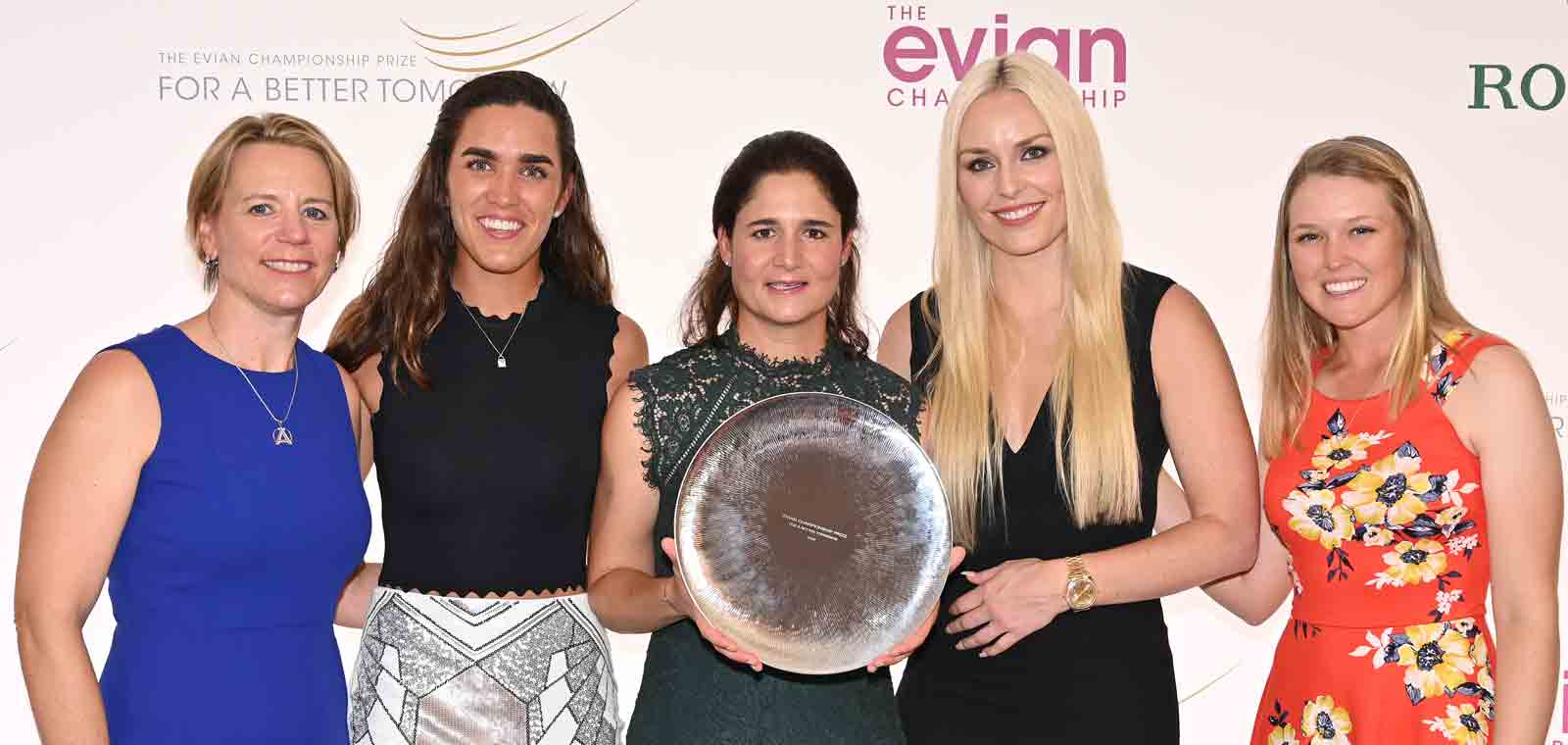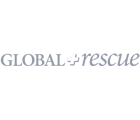I grew up in a family of athletes. Soccer, tennis, swimming, running, golf: we were always doing something. We used to live on a golf course, and my mom would tell my two older brothers and me, ‘Okay, go play. Go do something.’ Golf was one of the things that we did. For the longest time, I just enjoyed going with them, watching them hit; watching them play. But I never really wanted to hit myself. Then, one day, the head pro said, ‘Hey, how about you give it a go. You’ve been here watching for a while. Maybe you’ll like it.’ Of course, he was right. I was the one who wanted to go back to take lessons and play more. I fell in love with the game.
Growing up with athletes drives you from an early age. But when you have two older brothers who are into sports, you have to be tough. My siblings made me strong and competitive. They didn’t hold back. I remember playing soccer with them and having a ball kicked into my face. I wiped away my tears and kept playing. When my little brother came aboard, it was more of the same. He followed us as I had followed our older brothers who went on to play professional soccer. We all pushed each other.



)
)
)
)























